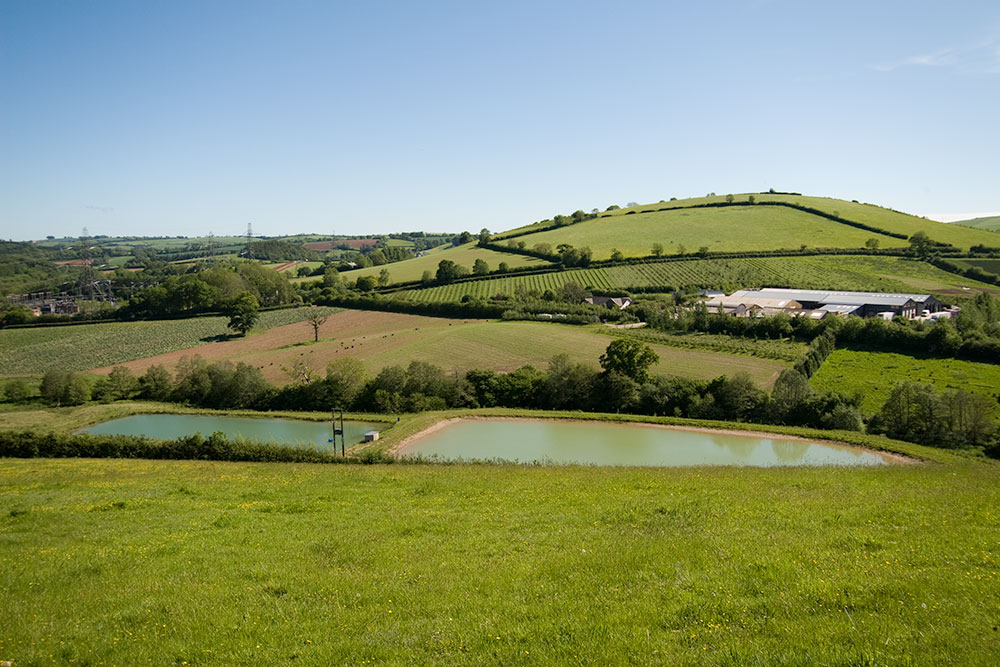The plough shears are struggling to get into turf parched by eight weeks with only an inch or two of rain.
Nigel, the highly skilled ploughman, is unhappy with the amount of grass left showing, but I tell him to do it anyway. The plan was to prevent any thirsty weeds from growing, and to seal in the remaining moisture under a loose but fine surface layer; counter-intuitively, a loose surface prevents water from being drawn upwards by capillary action, and stops moisture loss almost completely.
This is the age-old practice where rain is scarce. In areas of Australia, it can take two years to accumulate enough water to support a crop, and in the arid centre of southern Spain it is the only way to grow olives and almonds.
On our Devon farm, surrounded by the sea and with a damp westerly air flow, most crops (with careful management) can be grown without irrigation. Indeed, only we and one other of the 16 co-op members who grow most of your veg have invested in reservoirs, sprinklers, pipes and pumps.
Hopefully, there will be some rain over the next two months to establish the critical June and July plantings of cauliflower, cabbage, kale, leeks and broccoli that will fill the veg boxes next winter – but there are a lot of nervous growers watching the weather forecast.
We have nine winter fill reservoirs, which amount to about 40,000 cubic metres; enough to apply five inches of water to 80 acres (excuse the mixed metrics). A thirsty crop of broccoli or potatoes can use an inch a week, so if we have more than five weeks without rain at peak season, we are in trouble.
We have plans to build another 20,000 cubic metre reservoir this autumn; it’s a big investment and will take up a lot of land but, as our weather becomes less predictable, I am wishing we had done it sooner, especially with interest rates so low. And then there is the joy of swimming, and watching the wildlife that water attracts.
As I write this, with my feet dangling in the water, the tadpoles are starting their extraordinary metamorphosis; as they leave the reservoirs over the next two weeks, the ground will heave with hungry baby toads, making me feel almost sorry for the slugs they will devour.













0 Comments